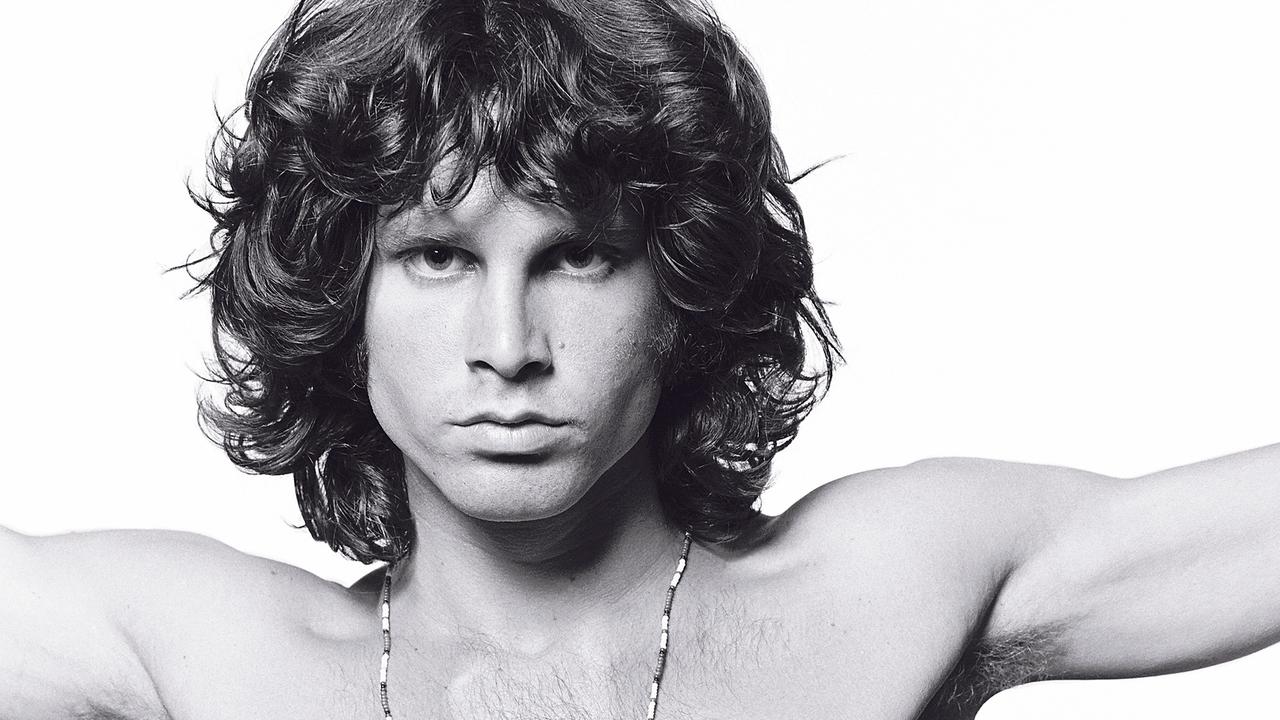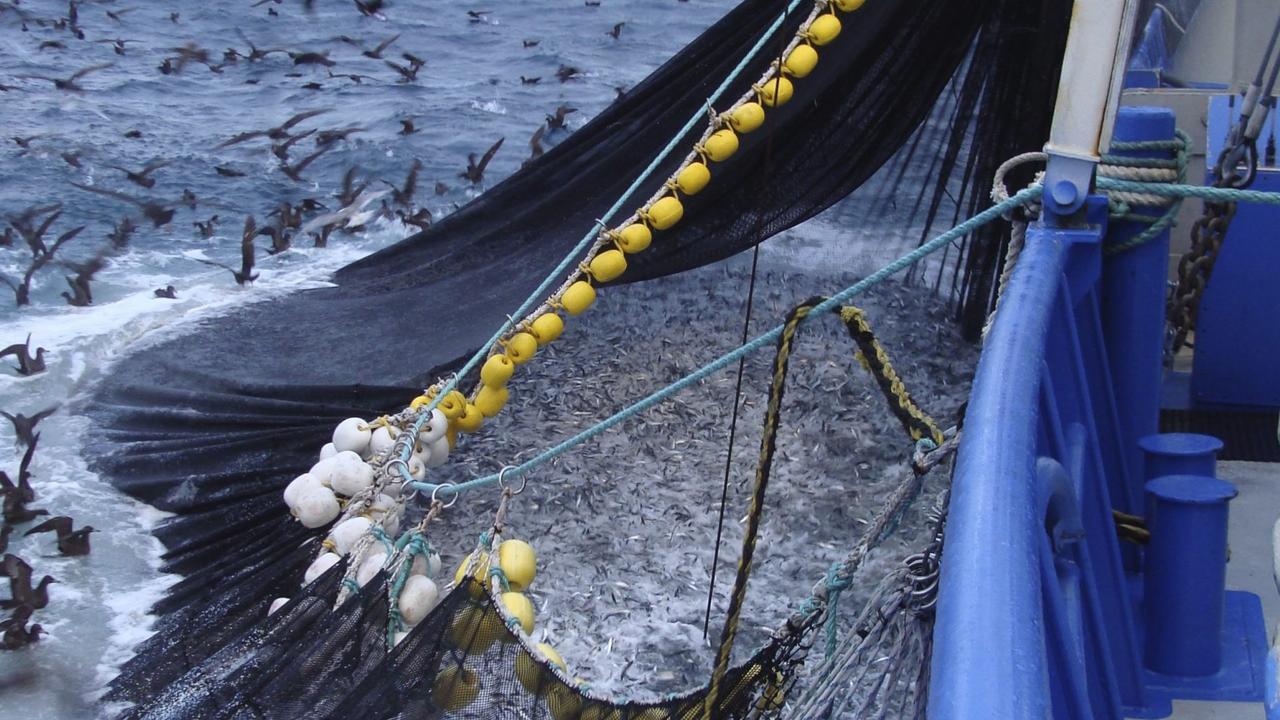New curriculum: eco identity, dating and the three Rs
Children will be taught about their ‘eco identity’ and giving clear sexual consent in a new curriculum that combines back-to-basics rigour with ‘woke’ schoolwork.

Children will be taught about their “eco identity’’, safe dating and giving clear sexual consent, in a new national curriculum that combines back-to-basics rigour in maths and English with “woke” schoolwork.
Aboriginal perspectives of a white invasion will be taught alongside concepts of a Christian and Western heritage in a more balanced bid to end the “culture wars’’, in the ninth version of the curriculum, published on Monday for classroom teaching from next year.
Respectful relationships will be taught from the first year of school, with teenagers instructed how to clearly give or deny consent to sex, and told about the “role of gender, power, coercion and disrespect in violent or disrespectful relationships”.
Mindfulness and positive self-talk will be covered in the new physical education curriculum, which explores the “eco-identity’’ of students.
Students are taught the virtues of a vegetarian diet – one activity is to prepare a presentation on food that has been “prepared sustainably’’, using local ingredients to cut down on emissions, using vegetarian or vegan dishes or kangaroo instead of beef, and not using single-use plastic for serving. They can use “nature experiences to understand how these activities can promote the development of eco-identity and positive sense of wellbeing’’.
To tackle a scourge of sexual assaults between high school students, teens from the age of 14 will investigate the legal requirements for their state or territory in relation to seeking, giving and refusing consent to sex.
To “enhance the safety and wellbeing of sexual partners’’, students in Years 9 and 10 will learn about “safe dating’’, including how to communicate feelings, respect boundaries and choices, and gain affirmative consent to sexual activity.
History lessons have been made more balanced and relevant to Australian students, with a new “deep time” strand focusing on Aboriginal and Torres Strait Islander history and the impact of European arrival, including the concept of an “invasion’’.
“The occupation and colonisation of Australia by the British, under the now overturned doctrine of terra nullius, were experienced by First Nations Australians as an invasion that denied their occupation of, and connection to, country/place,’’ the document states.
Students will learn about the impact of British colonisation on the lives of Aboriginal and Torres Strait Islanders, “for example, dispossession, dislocation and the loss of lives through frontier conflict, disease, and loss of food sources and medicines, the embrace of some colonial technologies, the practice of colonial religion, and intermarriage’’.
The origins of Australia‘s democracy, and its Christian and Western heritage, will be taught explicitly, along with the diversity of Australian communities through migration.
In Year 10, students must study World War II, as well as a learning strand called Building Modern Australia.

Ancient Rome, Greece and Egypt will be covered alongside Aboriginal history and culture, while history students will also learn about the Great Depression, both world wars – including the Western Front Battle of the Somme and the Armistice in World War I – as well as the Holocaust and the Cold War.
Climate change is only mentioned twice in the geography curriculum for Years 9 and 10, with students asked to investigate the “causes of human-induced climate change at the global scale and its impacts on Australia, Bangladesh and/or a Pacific Island country at the national scale’’.
The Coalition and Labor both support the new curriculum, which was signed off by federal, state and territory education ministers last month.
Its release coincides with a Labor Party plan to pay high-achieving school leavers to study to become teachers, following a Coalition pledge to weed out “dud” teachers through a literacy and numeracy test before they start a university teaching degree.
The 2022 curriculum is more clearly written than the 2014 version, and provides more practical outlines and examples of subject content for teachers to use in classrooms, with less jargon.
In English, children must be able to write letters, spell simple words and “experiment’’ with capital letters and full stops in the first year of school, when they are four or five years old.
By the end of Year 3 they should be reading fluently and writing compound sentences.
Civics and citizenship has been simplified for high school students, with more explicit teaching about the origins of Australian democracy, and its Christian and Western heritage.
Maths teaching has been simplified to focus on mastery of mathematical concepts in the early years, with kids in the “foundation year’’ of prep or kindergarten expected to count to 20, instead of 10, and to know the days of the week.
Students must be able to skip-count to 120 and add or subtract numbers to 20 by the end of Year 1, tell the time in Year 2 and recite their times tables in Year 3.
The outmoded digital technologies syllabus has been updated to include cyber security and privacy for the first time.
In high school, maths and science content has been aligned with exam questions for the Program for International Student Assessment, which measures the reading, mathematics and science knowledge of 600,000 15-year-old students across 79 OECD industrialised nations every three years. Australia has plunged to 29th place in mathematics – down from 11th in 2003 – and has slipped from eighth to 15th place in science and from fourth to 16th place in literacy.
The Australian Curriculum, Assessment and Reporting Authority, which designed the updated curriculum, said it had been developed “with teachers for teachers’’.
ACARA chief executive David de Carvalho said the “more stripped back and teachable curriculum’’ would make teachers’ work easier.
“Teachers will be able to quickly and intuitively find relevant information, and lessons can be more easily planned,’’ he said.
MultiLit director of strategy Jennifer Buckingham, whose PhD research was on effective instruction for struggling readers, welcomed the new focus on teaching children to read and write through phonics – sounding out letters and sounds.
The curriculum has been published as 1.2 million students start sitting for the 2022 NAPLAN test.







